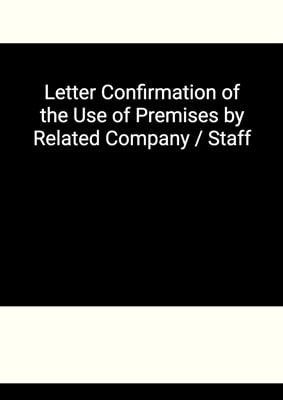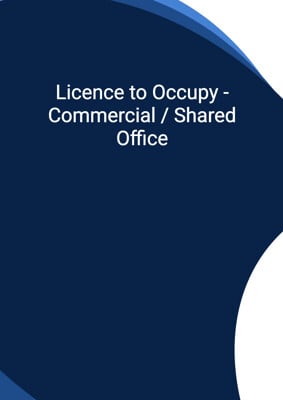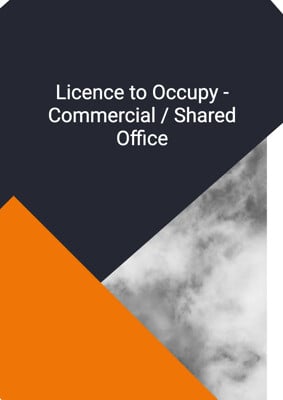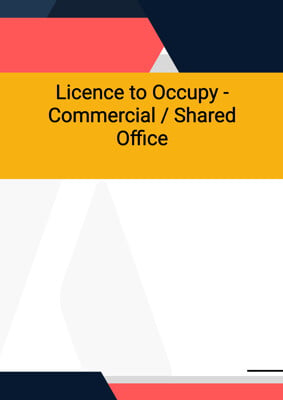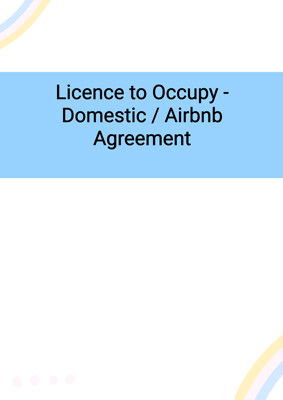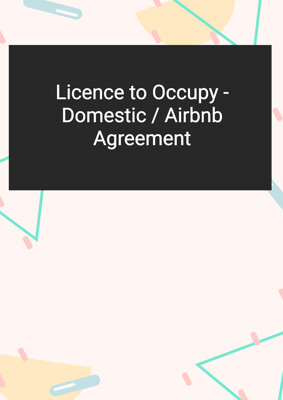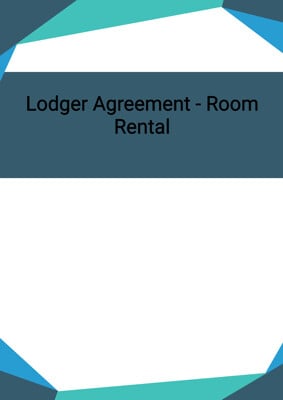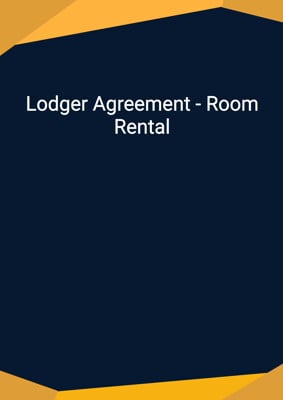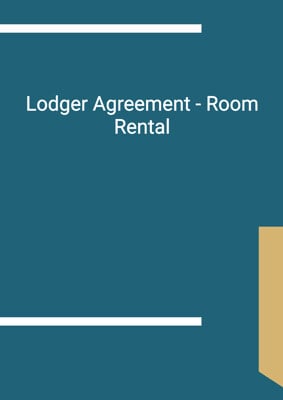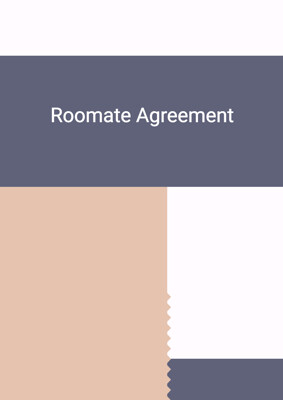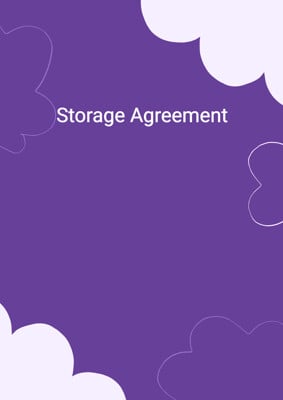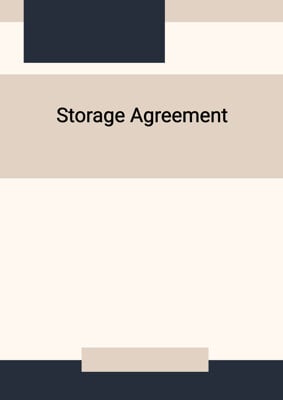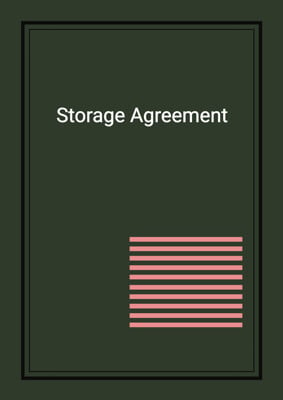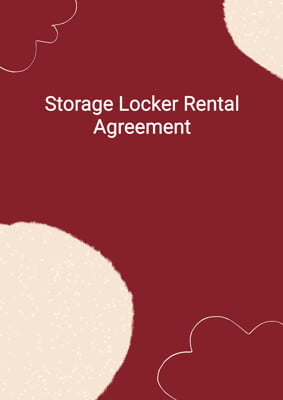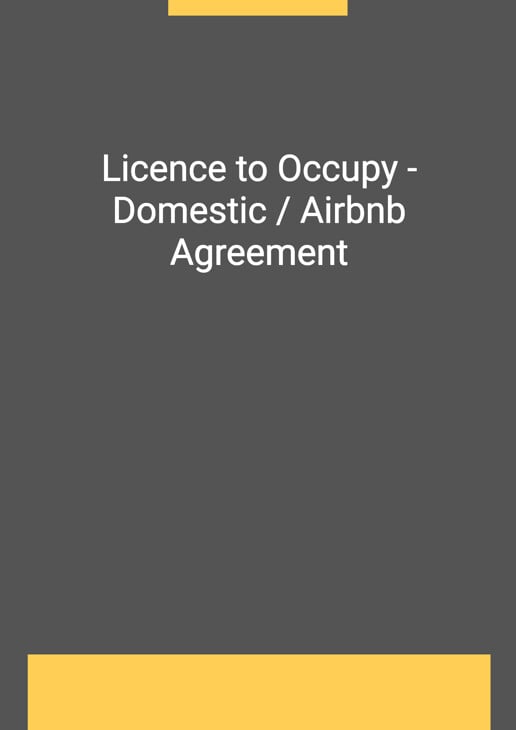
Licence to Occupy - Domestic / Airbnb Agreement
Licensee
Licence giving the licensee the right to occupy domestic property for a defined length of time. A licensee has only a personal interest and this interest can be revoked by the landowner at any time. This is a short term (Airbnb type) arrangement drafted in favour of the Licensor.
How to Tailor the Document for Your Need?
01
Create Document
Fill in the details of the parties. You can click the "Fill with Member’s Information" button to complete it with information saved to your account.
02
Fill Information
Please fill in any additional information by following the step-by-step guide on the left hand side of the preview document and click the "Next" button.
03
Get Document
When you are done, click the "Get Document" button and you can download the document in Word or PDF format.
04
Review Document
Please get all parties to review the document carefully and make any final modifications to ensure that the details are correct before signing the document.
Document Preview
Document Description
The document titled 'Licence to Occupy - Domestic / Airbnb Agreement' is a legal agreement between the licensor and the licensee for the occupation of a domestic property. It is important as it outlines the terms and conditions of the occupancy, ensuring that both parties are aware of their rights and responsibilities.
The entire document consists of several sections that cover different aspects of the agreement. The first section is the introduction, which provides a warning about the legality of letting domestic property on a daily basis without a license. It advises the parties to check with a local lawyer to ensure compliance with the law.
The second section is the license, which grants the licensee personal permission to use the premises for a specified term. It includes details such as the address of the premises, the duration of the license, and the check-in and check-out times.
The third section is about the license fee, which specifies the amount to be paid by the licensee for the occupancy. It also mentions that the fee includes furniture, fixtures, fittings, and other items listed in the schedule.
The fourth section covers the deposit and cancellation policy. It states that the licensee must pay a deposit within a specified time after signing the license. It also mentions that a complete refund of the deposit will be made if a written cancellation notice is provided within a certain number of days before the commencement date.
The fifth section outlines the other charges that are included in the license fee. It mentions that the fee covers the right to occupy the premises, use of toilets and kitchen facilities, cleaning, and insurance for the premises but not for the licensee's own property. It also states that additional charges may be payable by the licensee according to consumption.
The sixth section lists the responsibilities of the licensor, which include ensuring the legality of the premises and maintaining them in a tenantable condition. It also mentions the licensor's responsibility to keep and maintain the structural parts of the premises.
The seventh section outlines the responsibilities of the licensee, which include promptly paying the license fee, deposit, and other charges. It also mentions that the premises should only be used for residential purposes and that alterations or subletting are not allowed without the licensor's permission.
The eighth section covers the termination of the license, stating that it can be determined by the licensor under certain circumstances, such as non-payment of fees or if the premises become unfit for use. It also mentions that the licensee can terminate the license by serving a written notice to the licensor.
The ninth section includes miscellaneous provisions, such as the entire agreement between the parties, the validity of the license in case of void or unenforceable provisions, and the waiver of breach of any provision.
The tenth section states that the license does not create any rights under contracts for third parties.
The eleventh section deals with the law and jurisdiction governing the document, stating that it is governed by the laws of a specific jurisdiction and that any disputes should be resolved amicably or through the courts of that jurisdiction.
The twelfth section covers notices and service, specifying the methods and timings of serving notices between the parties.
The document also includes a schedule that lists the furniture and electrical appliances included in the rent.
Overall, this document provides a comprehensive agreement between the licensor and the licensee, ensuring that both parties are aware of their rights, responsibilities, and the terms and conditions of the occupancy.
How to use this document?
1. Check the legality: Before proceeding with the occupancy, it is important to check with a local lawyer to ensure that letting domestic property on a daily basis without a license is legal in your jurisdiction.
2. Understand the license: Read the entire document carefully to understand the terms and conditions of the license. Pay attention to details such as the address of the premises, the duration of the license, and the check-in and check-out times.
3. Calculate the license fee: Determine the total license fee based on the specified amount per day. Make sure to include any additional charges listed in the schedule.
4. Pay the license fee and deposit: Prior to the commencement date, make the full payment of the license fee and the deposit as specified in the document. Keep a record of the payment for future reference.
5. Familiarize yourself with the cancellation policy: Understand the conditions for a complete refund of the deposit. If you need to cancel the occupancy, provide a written notice within the specified number of days before the commencement date.
6. Be aware of additional charges: If there are any charges payable according to consumption, keep track of them and ensure timely payment.
7. Maintain the premises: As the licensor, ensure that the premises are in a tenantable condition throughout the term of the license. Attend to any necessary repairs promptly.
8. Promptly pay the license fee and other charges: As the licensee, make sure to pay the license fee, deposit, and any other charges as specified in the document. Non-payment of these charges may constitute a breach of the license.
9. Use the premises responsibly: Use the premises only for residential purposes and do not exceed the maximum number of guests allowed. Seek permission from the licensor before making any alterations to the premises.
10. Understand the termination conditions: Be aware of the circumstances under which the licensor can terminate the license and the conditions under which you can terminate the license by serving a written notice.
11. Keep a copy of the document: Maintain a copy of the signed document for your records. It serves as evidence of the agreement between the licensor and the licensee.
12. Seek legal advice if needed: If you have any doubts or concerns about the document or the occupancy, consult with a lawyer to ensure that your rights are protected.
Not the right document?
Don’t worry, we have thousands of documents for you to choose from:
